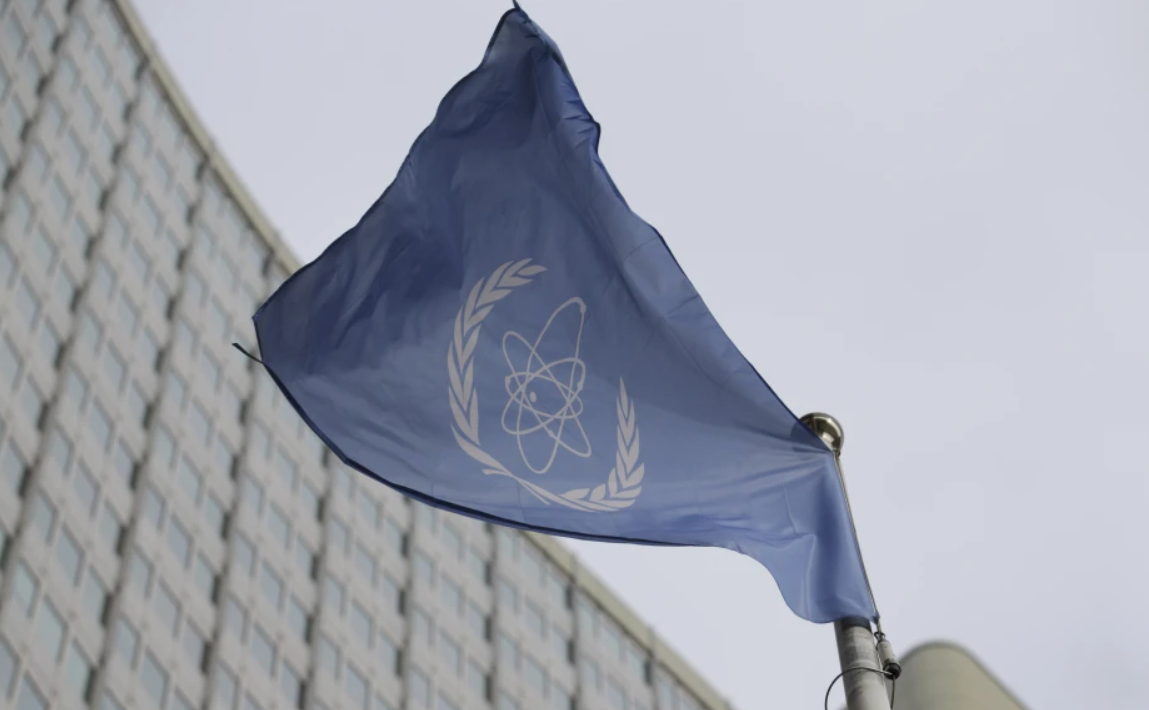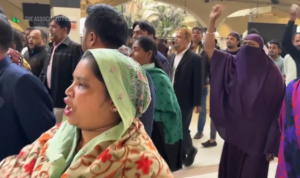Iran and the United States are set to meet this Sunday for a sixth round of negotiations over Tehran’s rapidly advancing nuclear program, according to an announcement by Oman’s Foreign Minister Badr al-Busaidi. The talks will be held in Muscat, the capital of the Gulf nation that has long played a mediating role between the two countries.
Al-Busaidi confirmed the development in a post on social media platform X, writing, “I am pleased to confirm the 6th round of Iran-US talks will be held in Muscat this Sunday the 15th.”
Though Iranian officials had indicated talks were coming, Oman had not formally confirmed the meeting until now. The United States will be represented by Mideast envoy Steve Witkoff.
A source familiar with Witkoff’s travel plans noted that the discussions are expected to include both direct and indirect exchanges, as has been the case in previous negotiations. The source requested anonymity to speak freely about the trip.
The renewed talks come at a time of heightened regional instability. In response to increased tensions, the U.S. is scaling back its non-essential personnel in parts of the Middle East, along with their families. There have also been alerts suggesting potential threats to shipping in the region’s waters.
Reaching a diplomatic agreement is one of several high-priority foreign policy goals for U.S. President Donald Trump and his close adviser Witkoff. A successful deal could lead to a rollback of U.S. economic sanctions on Iran, in exchange for Tehran agreeing to halt or significantly reduce its uranium enrichment activities.
However, failure to strike an agreement could further escalate the already volatile situation in the Middle East, especially given the ongoing Israel-Hamas conflict in Gaza. The collapse of talks could push Iran’s struggling economy closer to collapse, deepen internal unrest, and increase the risk of military action targeting its nuclear infrastructure—either by Israel or the United States. Iran, in turn, may sever its cooperation with the International Atomic Energy Agency and accelerate its nuclear ambitions.
Previous rounds of U.S.-Iran discussions have taken place in both Muscat and Rome, reflecting the quiet diplomacy efforts underway despite open hostilities and mistrust between the two sides.













